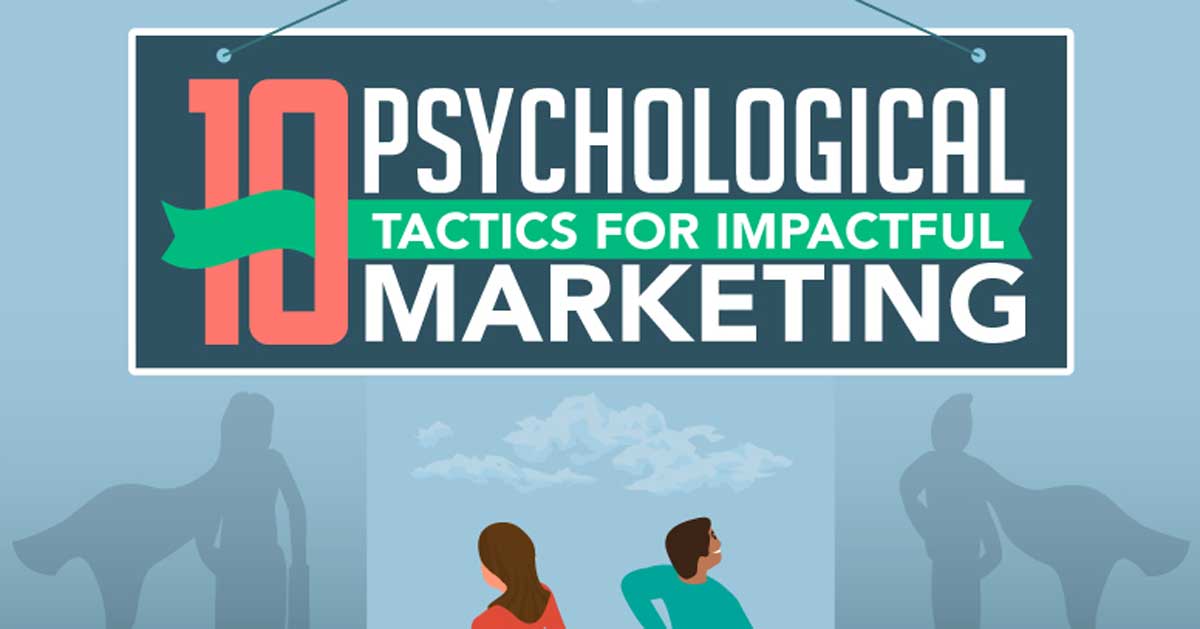
Do you equate marketing psychology with “dirty tricks?” Certainly, the tactics used by infamous “snake oil” salesman through the centuries venture into the dark side of human nature.
They take advantage of human foibles and can make it harder for legitimate businesses to peddle their wares.
How about this vintage ad, below? The headline and lede certainly tap into human emotions such as the desire to learn a new skill, the surprise that it can be done so easily, and underneath it all, the fear of having to do too much hard work to get something we want.
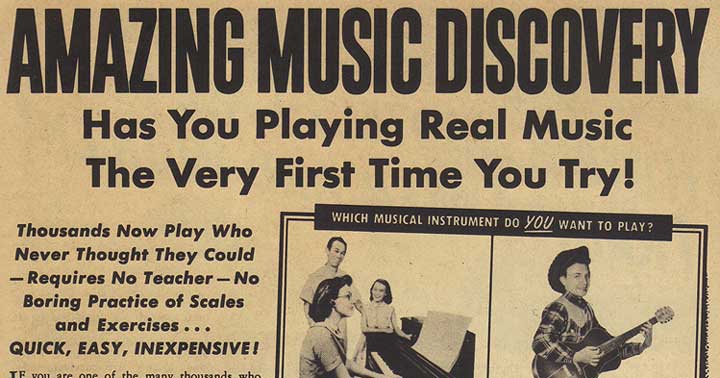
View the full page ad here.
Image source: Flicker
But it obviously stretches the truth. You might, as they claim, be able to play something the first time you try. However, it’s not going to be good. There will indeed be lots of practice required to acquire such a skill.
Although this type of marketing destroys credibility, it’s still prevalent. Think of all the clickbait headlines you see on nearly any website that hosts online advertising. It’s easy to see why an overload of disingenuous marketing would make you want to avoid a study of consumer psychology altogether.
However, there is one simple, guiding principle that can keep you on the straight and narrow—offer only those products or services that provide incredible value. If your products make your client’s life easier, you’ll feel an obligation to let them know about it. It will be the driving force that gets you up in the morning.
On the other hand, if your sole purpose is to get people to fork over money for a fraudulent or sub-par product, you’re in snake oil territory.
When you have a great product to offer, a deeper understanding of how the human mind works will help you effectively convey your message to your ideal customer.
You can certainly use attention-getting headlines and copy that taps into consumer emotions. In fact, there are quite a few elements in the full ad that are worth copying. Just be sure to back up the emotional marketing with authenticity and a sensible dose of ethics.
Despite the incredible complexity of the human mind, there are common psychological traits and behaviors that can give you deeper insight into your customers.
Use Marketing Psychology to Better Understand Your Customers
The marketing psychology infographic below from our colleagues at Maryville University outline ten psychological tactics that will give your marketing message an edge.
For example, when writing or talking about your products, it’s important to use language that promotes trust and credibility. Words such as “authentic,” “guaranteed,” and “certified” promote trust. On the other hand, the use of clichés or buzzwords raises consumer defenses and makes you sound the same as everyone else.
By all means make a study of consumer psychology and how your customer thinks and behaves. Then combine it with your unique brand of authenticity to attract your ideal customers and improve their lives.
And remember that no amount of psychological marketing tricks will deliver long-term growth if you’re selling poor products and services.








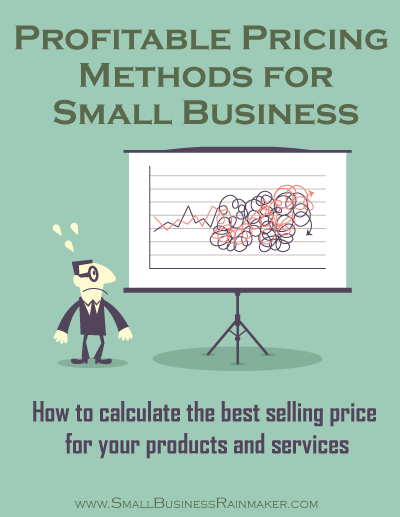
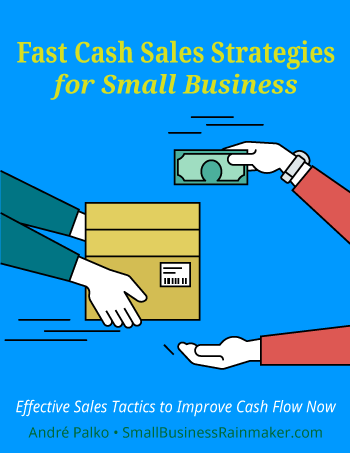



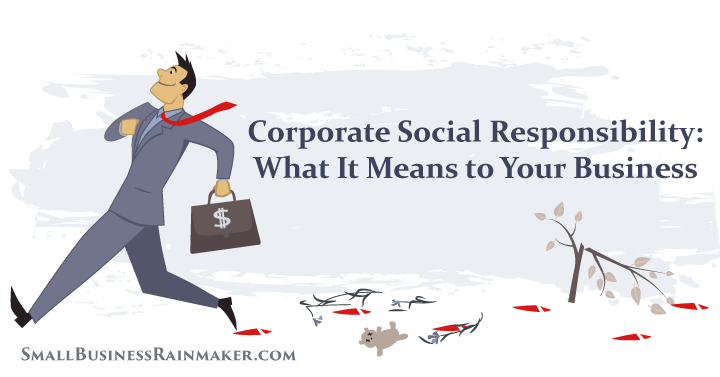

Leave a comment